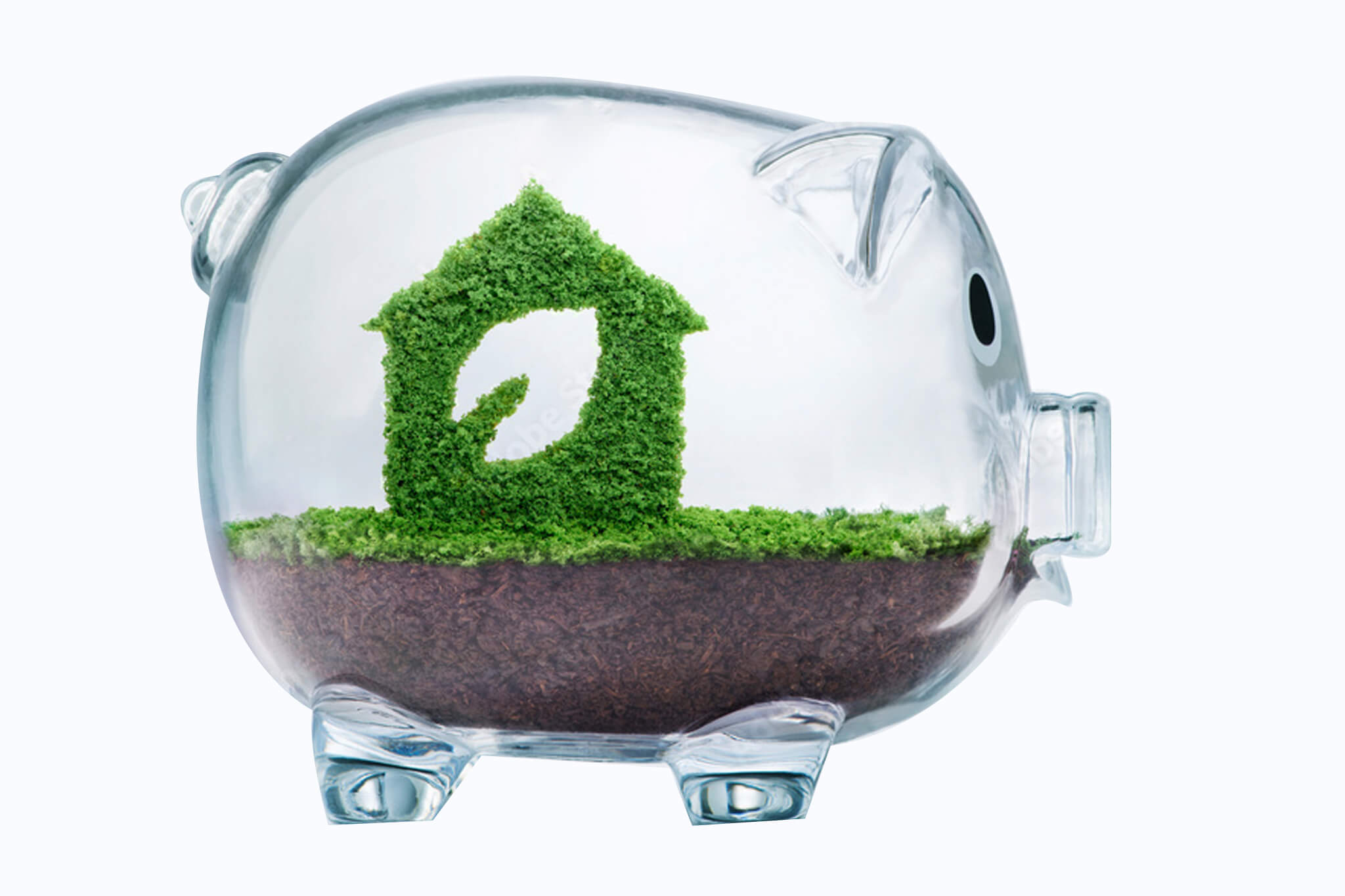Sustainable Savings
When we mentioned the word 'eco' the first thing that springs to mind is saving the planet and everyone being green. We think of deforestation, melting of the ice caps, rising sea levels, and ultimately, global warming - the harm that we've done to the planet over the last 100 years. If we don't act now, the damage will become irreversible. We all need to start doing our bit, today.
To encourage people to start taking action, the government is committed to a programme of energy-efficient upgrades to domestic homes. Homes account for around 40% of all carbon emissions produced in the UK, through the burning of fossil fuels and poorly insulated homes. To help reduce this figure the government launched what is called the Energy Company Obligation (ECO).
What does ECO funding mean for you?
Ofgem has an annual budget of £1bn a year until 2026 to upgrade the energy efficiency of domestic homes and provide a more sustainable heating alternative to burning fossil fuels. As a homeowner or tenant, you could qualify for funding to upgrade your home.
Funding is available for the following:
• Insulation - Wall insulation, room-in-roof insulation, loft insulation, underfloor insulation.
• Heating Solutions - Gas boiler replacement short term, air source heat pumps, ground source heat pumps, high retention electric storage heaters.
• Renewables - Solar panels, electric vehicle charging points, battery storage.
ECO Funding
The government has a strategy to first insulate the property to improve its energy efficiency and then provide a suitable heating solution. There are various grants available to achieve this through the government's Home Heating Cost Reduction (HHCRO) scheme and the Local Authority Flexibility (LA FLEX) scheme. In both schemes, the level of funding is based on the type of property you live in, the construction of the property, the number of bedrooms, and the main source of heating.
Funding Prioritised
The delivery of the funding by both government and local authority schemes is based on those who are most in need first. Part of both schemes is aimed at reducing fuel poverty as well as reducing carbon emissions. Households who have exceptionally high energy bills because of the type of expensive fuel they have to use (i.e., LPG bottled gas) will be given priority against those on the relatively cheaper option of main's gas. The funding is also distributed to those who have limited income or health conditions. To find out whether you qualify for an ECO insulation or heating upgrades to your property, please visit this website and enter some basic details - britishecogrants.co.uk. What will you save by insulating your home?
If your home is uninsulated, you could be losing up to a third of your heat through the uninsulated loft, roughly 10% from the floor (if you have avoided underneath the floorboards) and the rest will be lost through poorly fitted windows and doors. With the current change in the energy price cap, there's never been a better time to insulate your home to help reduce your energy bills and cut down on the carbon emissions that your property produces. If you do qualify for an ECO-funded grant, all of this work should be
"If your home is uninsulated, you could be losing up to a third of your heat through uninsulated walls"
available totally free of charge without a contribution from yourself, or the need to pay it back if you from the property the following week. (The next four years of ECO funding will see some very dramatic changes with the ban of gas boilers being installed on new builds from 2025. This opens up another debate - what is the suitable replacement for gas boilers that currently account for the main heating source in 85% of the homes in the UK?
Perhaps, air and ground source heat pumps that run on a fairly lower temperature than have boilers, or maybe, hydrogen boilers that use a very unstable gas and have by-products that will be very costly to dispose of?
David Curran CEO and founder - British ECO Grants
[email protected] • britishecogrants.co.uk
